Israel to Drill for Oil in the West Bank
A new oil reservoir holding as many as 3.5 billion barrels was discovered directly beneath the 1948 armistice line that formally divides Israel from the occupied Palestinian territories. Israel has moved the border to get access to the well. Will Palestinians get a cut?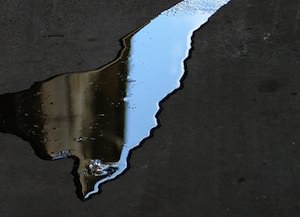
A new oil reservoir holding as many as 3.5 billion barrels was discovered directly beneath the 1948 armistice line that formally divides Israel from the occupied Palestinian territories. Israel has moved the border to get access to the well. Will Palestinians get a cut?
According to official agreements, “Israel is obligated to coordinate any exploration for natural resources in shared territory with the Palestinian Authority, and reach agreements on how to divide the benefits,” Al-Jazeera reports. Ashraf Khatib, an official at the authority’s negotiations support unit, described the Meged oil field as part of Israel’s general “theft of Palestinian national resources.”
“The problem for us is that the occupation is not just about settlements and land confiscation. Israel is also massively profiting from exploiting our resources. There’s lots of money in it for Israel, which is why the occupation has become so prolonged,” he said.
A World Bank report has confirmed that the Israeli occupation is preventing Palestinians from exploiting key natural resources. That was before enough data was available to assess the Meged field’s significance, a spokeswoman for the bank said.
Israel’s determination to acquire as much of the oil as it can seems assured. Read more about the predicament here.
— Posted by Alexander Reed Kelly.
Your support matters…Independent journalism is under threat and overshadowed by heavily funded mainstream media.
You can help level the playing field. Become a member.
Your tax-deductible contribution keeps us digging beneath the headlines to give you thought-provoking, investigative reporting and analysis that unearths what's really happening- without compromise.
Give today to support our courageous, independent journalists.
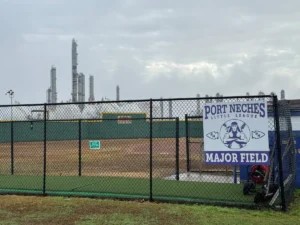
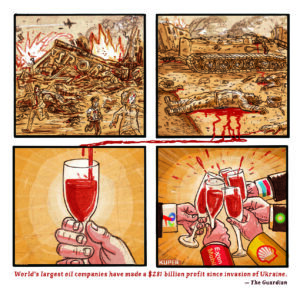

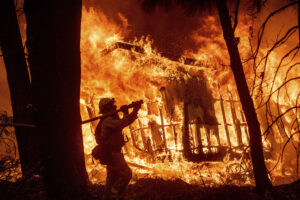
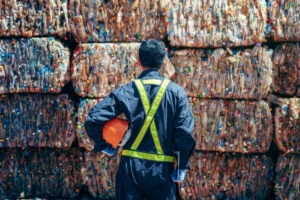
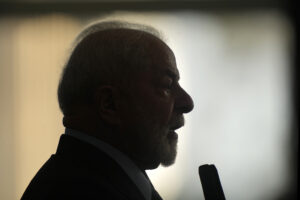
You need to be a supporter to comment.
There are currently no responses to this article.
Be the first to respond.